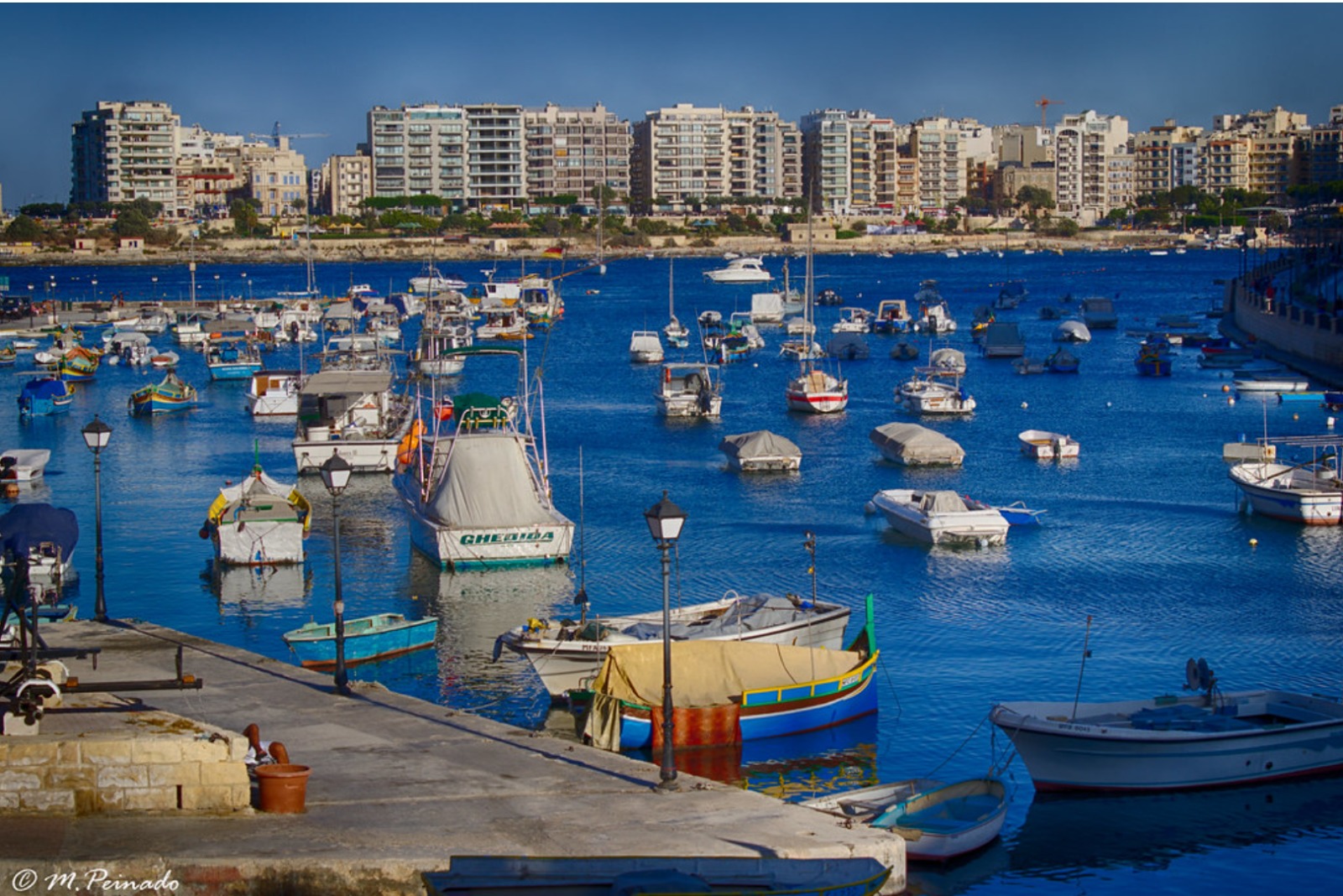Malta’s association of iGaming companies, iGen, has come out against a controversial proposition to introduce a “punitive” tax rate on online poker and slots stakes in Germany, saying they “breach EU state aid rules”, and would be “to the detriment of the online operators which are disproportionately based in jurisdictions such as Malta”.
The proposal by Germany’s Federal Council would see the introduction of a 5.3 per cent tax on online poker and slots stakes and has also drawn the criticism of the European Gaming and Betting Association (EGBA), which claims that the measure would undermine the key objectives of the country’s new online gambling regulations.
By infringing upon the competitiveness of the licensed and regulated online poker and slots offerings, it says, the new tax would encourage consumers to turn to unlicensed offerings. According to a survey published by Goldmedia, 49 per cent of German players could turn to unregulated websites.
The EGBA explains that “players outside of the regulated market would be deprived of the protection of German consumer laws”.
Aside from this, the Association insists that the proposed tax measure is “punitive”, and could result in online poker and slots being taxed at rates four to five times higher than they retail equivalent land-based casinos, and fifteen times higher than slots in land-based amusement arcades, in some German localities.
The EGBA believes that this would “provide a substantial and unfair tax advantage to Germany’s land-based operators over their online counterparts”, thus breaching EU competition laws.
In light of these concerns, it has urged members of the German parliament to reconsider the proposed tax measures.
“Alternative tax measures, more closely aligned to those imposed by other EU member states”, the organisation says, “would ensure the overwhelming majority of German players use licensed websites and benefit from the protection of German consumer laws”.
The European Commission has previously (in 2011) determined that differentiated tax treatment between online and land-based casinos qualifies as state aid under EU law.
Continue Reading
Pjazza 1902: New hotspot blends community engagement and B2B offerings
The entertainment hub, which has recently opened in Pembroke after a lengthy period of meticulous restoration, serves up a gamut of dining, fitness, business and leisure opportunities
Gavin Isaacs steps down as Games Global chairman to take on new role as Entain CEO
His appointment comes into effect from September 2024, and will see him remain on the board of Games Global as an independent non-executive director
Third-largest cryptocurrency exchange OKX selects Malta as its MiCA hub
Under the MiCA framework, OKX plans to offer spot trading (including EUR and USDC pairs) in addition to buy, sell, convert and staking services to qualified EU residents through Okcoin Europe Ltd
GO’s Enterprise Solutions geared to deliver end-to-end business technology
The telecoms firm prioritises holistic and scalable solutions for its corporate clients, says Arthur Azzopardi, Chief Officer at GO Business.










